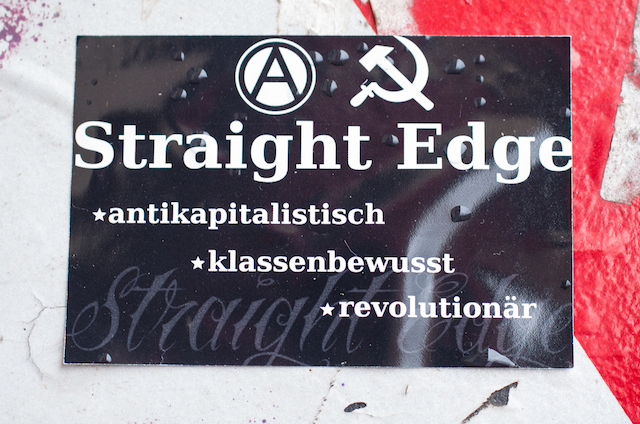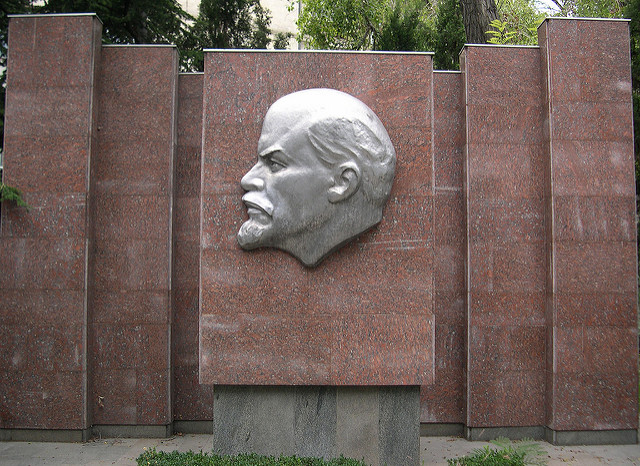The history of leftist politics is a history of bad habits. Whenever a goal is within reach, they return to wreak havoc: a fondness for drink, a fondness for drugs or a fondness for disputing precisely those questions that aren’t immediately pertinent. But of all the habits that have undermined the Left, the most pernicious may be the conviction that a devotion to purity is the solution.
Instead of pursuing a course of “harm reduction,” leftists have succumbed over and over to the impulse to purge their ranks of weakness. Whether that meant rooting out reformists willing to work with more conservative groups, or those who believe that the Party should know how to party, the result has been to fragment necessary solidarities beyond repair. Even now, despite decades of global irrelevance, far too many leftists are willing to point out what is wrong with potential allies instead of figuring out how to make practical use of their strengths. This tendency proves especially damaging in contexts where the enemy, whether provisional or permanent, does a better job of focusing on common denominators.
Actually existing capitalism is never going to be pure because it depends on the intervention of the state to defend the property of owners against those who want a more equitable distribution of wealth. That’s why the libertarian radicals who supported Ron Paul’s Presidential campaigns in the United States will never be fully embraced by leaders in the industrial and financial sectors: their insistence on trying to implement as pure a free market as possible is actually a massive threat. It removes the necessary political and economic barriers that sustain a social order in which stability and inequality exist in a precarious balance.
If leftists hope to achieve a truly post-capitalist world, they will need to be similarly flexible. On the one hand, this means making allowances for the state to maintain some measure of institutional consistency; on the other, permitting anti-statist movements to prosper. Communism will inevitably drift towards totalitarianism without the countervailing force of anarchism; anarchism will devolve into chaos without being moored to the structures of communism. The quest for ideological purity is inextricably bound up with the death drive of the Left.
That’s what makes the call to arms on this sticker so interesting. Straight Edge music culture is defined by the urge to purge. But identifying it with both communism and anarchism by articulating its “anti-capitalist,” “class-conscious” and “revolutionary” dimensions guarantees that it will fall short of the mark from an ideological perspective. In a way, those political traditions function much like the sex and drugs that pure hardcore was supposed to repudiate in the name of rock and roll. Yet the failure to move beyond their inevitably sullied legacies should actually be read as a sign of hope.
In the year 2015, of course, Straight Edge itself represents a dated worldview. As punks of the 1980s start planning for retirement, the notion that their brand of cultural politics could supplant earlier forms of radicalism seems more and more absurd. When you walk into stores like Hot Topic, though, it becomes clear that it is only when heavily diluted by impurity that subcultures like Straight Edge will ever be able to reach a mass audience. It may be tempting to mock the young consumers who draw Xs on the backs of their hands without knowing what they mean, but the Left will only do so at its peril.
At a time when our relationship to history has never felt more convoluted, this contempt is inherently self-destructive. If going through the motions of religious ritual has the capacity to transform people into believers at a bodily level, so does the political and cultural equivalent on the Left. We should celebrate the ideological incoherence of those who appropriate the iconography of resistance from incompatible traditions. Because even if they don’t make much sense, their desire to make meaning will do more to advance leftist causes than the theoretical police devoted to keeping those traditions as pure as possible.
Commentary by Charlie Bertsch. Photograph courtesy of Joel Schalit.





